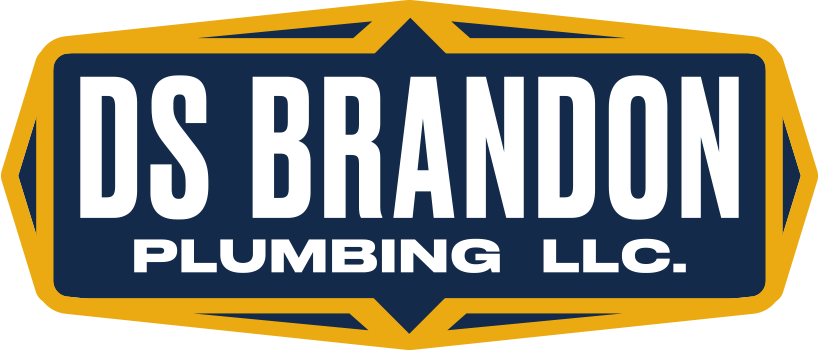There are lots of complexities when it comes to installing all the plumbing in a new home or during a renovation. And plumbing isn’t just about providing water to your home, but also about taking away unwanted water. This is one area that requires the use of sump pumps. Read on to find out more about sump pumps and whether you need one in your home.
What is a sump pump?
A sump pump is a small pump that is typically installed in a basin, a well, or a dedicated sump pit. It may also simply be installed at the lowest point in your home, such as the basement or a crawlspace under the house. When excess groundwater builds up around the sump pump, it draws in the water, carries it away from your home, and disposes of the water safely, such as into a storm drain.
Sump pumps run on either electricity or backup battery power and can be either a pedestal pump or a submersible pump. By installing a sump pump below the ordinary ground level of your basement, it helps to prevent water from rising as far as your basement floor during a flood or heavy rainfall.
Who needs a sump pump?
If you have a basement or crawlspace beneath your house, then a sump pump can be a sensible investment. Not all homes with a basement need a sump pump, but it can still act as a form of insurance for your home and its contents just in case. You should definitely install a sump pump if your home is prone to flooding or collecting excess groundwater.
You should consider things such as the climate of where you live. If your area often experiences heavy rainfall or lots of snow that could melt rapidly, then a sump pump is good protection against flood and water damage caused by the weather. You may also need a sump pump if the land your house is built on has poor drainage or poorly draining soil, or if it is built with the ground level below the local water table.
Maintaining and replacing your sump pump
If your home already has a sump pump, it’s important to monitor it and keep it well-maintained. Pedestal pumps tend to last anywhere between 25 and 30 years, whereas submersible pumps only have an average lifespan of around 10 years, so make sure you monitor your sump pump and replace it when necessary.
Contact Brandon Plumbing for all of your residential or commercial plumbing needs around Clemmons, Winston Salem, and Lewisville, NC
